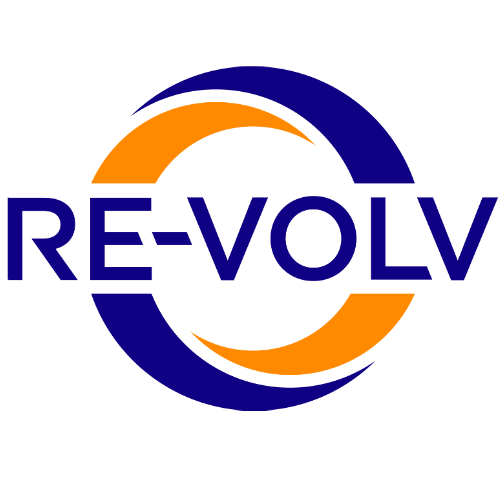State Solar
Policies 101
Solar is booming across America, and it isn’t happening by accident. Because of all the benefit solar provides for the environment and the economy, states nationwide have put in place policies to support its development.
There are two state-level policies in particular that have been crucial to solar: renewable portfolio standards, and net metering. Let’s take a look at how each of these policies has made America increasingly powered by clean energy.
1. Renewable portfolio standards (RPS)
Renewable portfolio standards (RPS) require utilities to supply a rising percentage of their electricity from renewable sources like solar and wind until an overall target is reached. For example, New York State will require 50% of its electricity to be renewable by 2030, and Hawaii has committed to getting 100% of its electricity from renewables by 2045.
Utilities meet these targets by either building renewable energy projects themselves or by signing contracts with renewable energy projects built by businesses and other entities - or even individuals in some cases. Overall, the utility must meet the target by either generating or purchasing a sufficient quantity of Renewable Energy Certificates (RECs), which each represent 1 Megawatt-hour (1 MWh = 1,000 kWH) of renewable energy generated.

2. Net metering
The other state policy that has been crucial to solar is net metering. Net metering allows consumers with solar panels to receive credits on their utility bill for every kilowatt-hour (kWh) of electricity they generate. Most net metering policies give customers a 1:1 credit for their generation - in other words, if you produce 3 kWh of solar power, your electricity bill will be reduced by 3 kWh.
Thus, net metering usually means your electricity bill charges you only for your “net” electricity use, or your consumption minus your production. This has been a critical policy for incentivizing solar because it provides a simple, direct way for homeowners, businesses, and other organizations to save money - often a lot of money! - by going solar.
As with RPS policies, no federally-mandated net metering policy exists. Fortunately, 38 states and Washington, DC have some form of net metering.
3. Making Solar Energy Accessible to All
Renewable portfolio standards and net metering have combined to make solar increasingly affordable nationwide. And best of all, as more and more homeowners, businesses, and other organizations go solar, the cost of going solar will just keep going lower and lower! Many communities are coming together to do their part by solarizing local nonprofits, which can use the savings to do more good work in the world.
Interested in solarizing a nonprofit?
Get a free quote or learn more
Donate
About RE-volv
We believe that everyone should have the ability to support and spread clean energy. So we created a new way for people to take action. It's a pretty simple idea. Through an innovative solar financing model, these nonprofits immediately save on their electricity costs. As these organizations pay us back, we reinvest the money into more solar projects in communities across the country. This creates a revolving fund for solar energy that continually perpetuates itself building more and more solar. It's a pay-it-forward model for solar energy. We call it the Solar Seed Fund. Spread clean energy and make a tax-deductible donation to the Solar Seed Fund.






